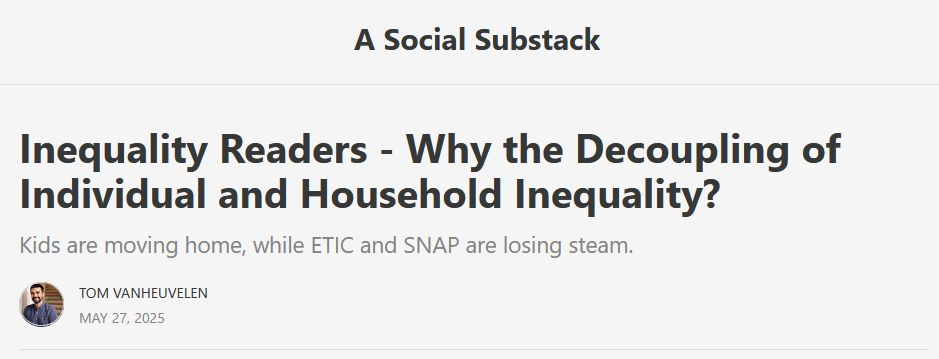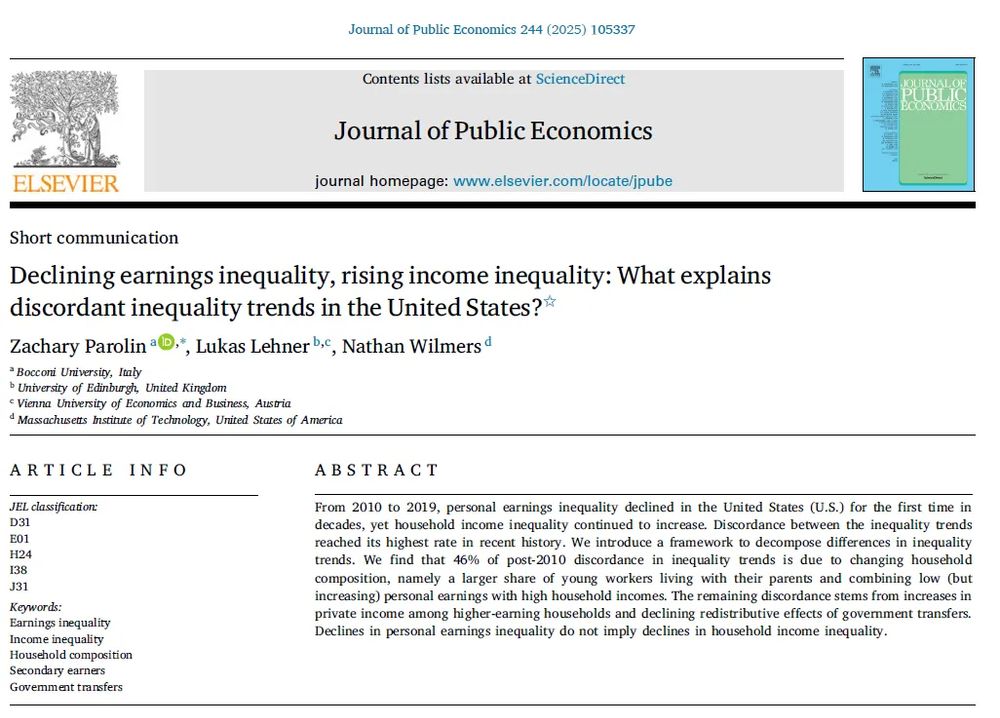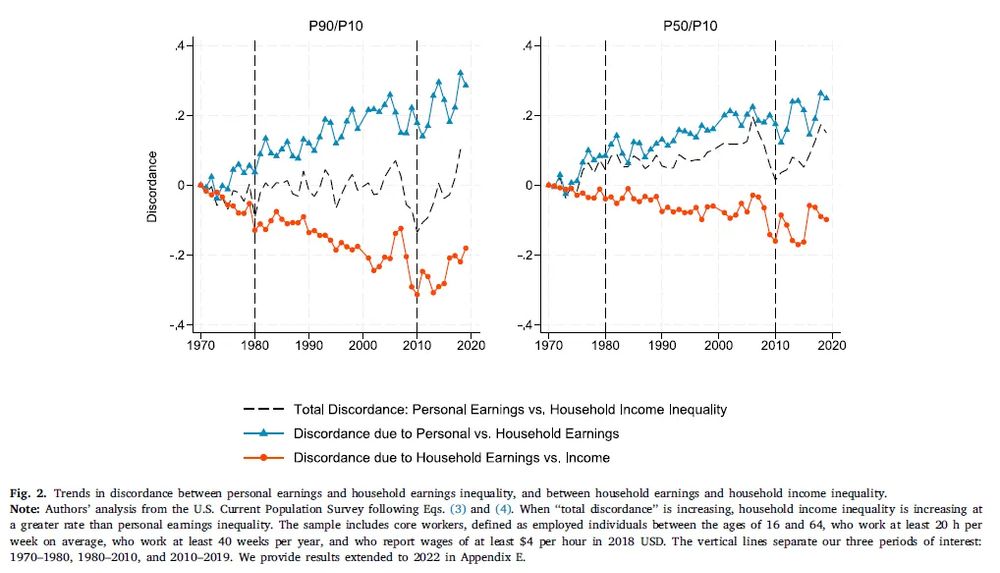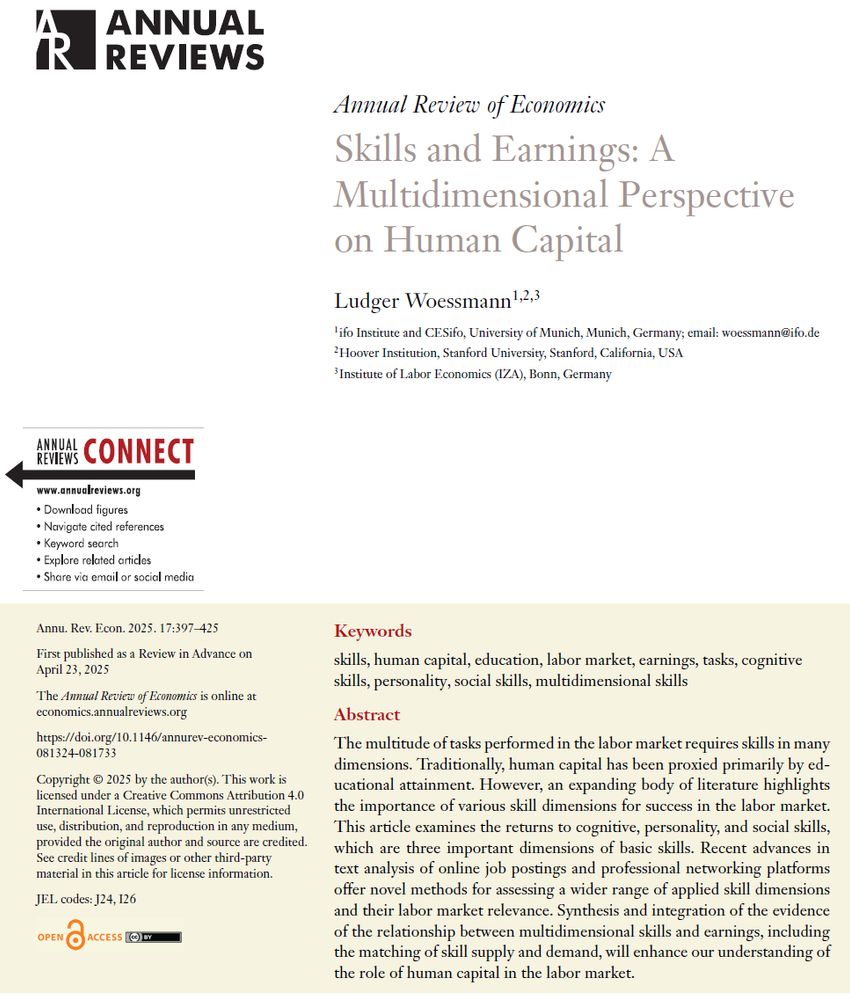Matthias Haslberger
@mhaslberger.bsky.social
300 followers
180 following
58 posts
Postdoc @ Uni St. Gallen. Research on AI, tech. change, employment, wealth inequality, comparative education.
https://matthiashaslberger.github.io
Posts
Media
Videos
Starter Packs
Pinned
Reposted by Matthias Haslberger
Reposted by Matthias Haslberger
Reposted by Matthias Haslberger
Reposted by Matthias Haslberger
Reposted by Matthias Haslberger
Anna Wilson
@awilson1.bsky.social
· Sep 2

To exit or not to exit? Employers’ considerations in a collective skill formation system
Political economy scholars have long studied the (pre-)conditions conducive to the collective provision of private goods, such as in-firm training. Previous research has established the importance ...
www.tandfonline.com
Reposted by Matthias Haslberger
Reposted by Matthias Haslberger












